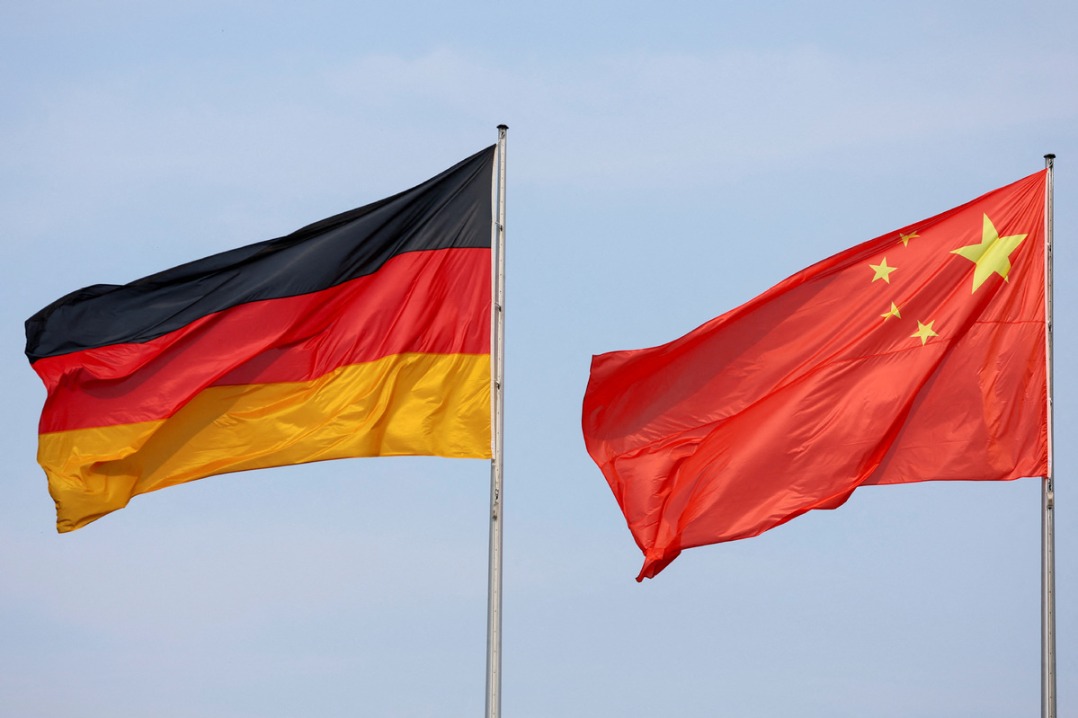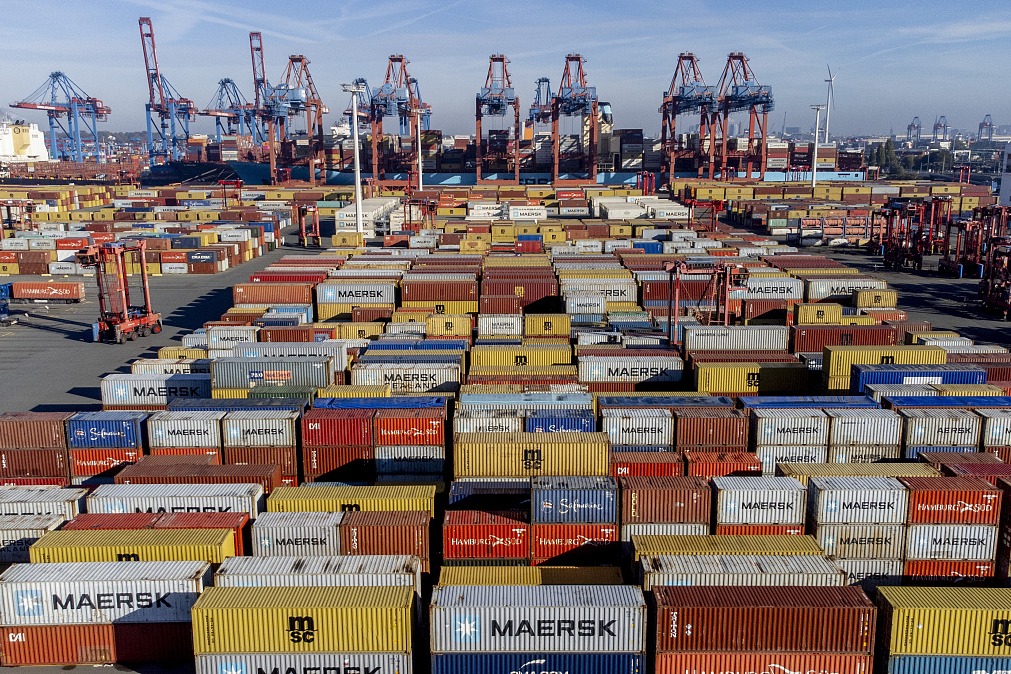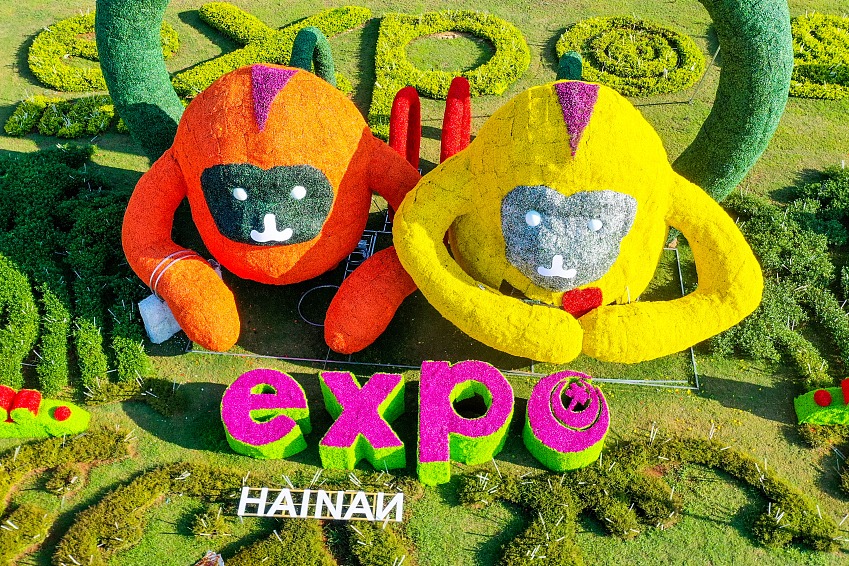More sharing of ideas urged at Anhui meeting

Experts called on Monday for more mutual learning and cultural exchanges among civilizations during the Taihu World Cultural Forum in Bengbu, Anhui province.
Yukio Hatoyama, a former prime minister of Japan, said he is particularly interested in the profoundness, inheritance and innovation of Chinese calligraphy.
"Chinese culture is more dedicated to expressing people's inner and spiritual world through objects such as painting, calligraphy and architecture," he said.
"Japan, as a country that has deeply been influenced by ancient Chinese culture, has been giving high importance to preserving Chinese culture and relics passed into Japan since ancient times. Both governments and the private sector in Japan have also been making huge inputs to protect Japanese culture," Hatoyama added.
Take noodles, which are popular among Asian countries, for example. He said he has been working at the Asian Noodle Culture Festival in Okinawa, Japan, enabling people from Asia to learn about noodles, while experiencing the differences from country to country.
"We are making efforts to introduce such food culture galas to nations such as China and South Korea, so as to enable more people from the East Asian community to learn about noodle culture in Asia," Hatoyama said.
Irina Bokova, former director-general of UNESCO, said that through the promotion of cultural exchanges and natural heritage protection, culture has become a more distinct identity for peoples and nations.
Japanese Vice-Minister for Foreign Affairs Chiaki Takahashi said, "The most important thing in this era, when the means of transportation have greatly improved and global barriers have disappeared with the internet, is that more mutual understanding is beginning, especially a deeper understanding of our culture and civilization."
Takahashi said sometimes people tend to disregard other cultures.
"Education is necessary to explain cultures from the standpoint of other parties," he said.
Noriko Aikawa-Faure, former director of UNESCO's Intangible Cultural Heritage Unit, emphasized the importance of community-based safeguarding of intangible cultural heritage.
"The important role of the participation of the practitioners and communities is underpinned by UNESCO in its intangible cultural heritage program," said Aikawa-Faure.
She also stressed some key issues that need to be addressed, which include endeavoring to establish harmonious collaboration between different stakeholders, such as community members, government officials and researchers.
Amid rising urbanization around the world, Janet Blake, an associate professor of law at the University of Shahid Beheshti in Iran, said safeguarding intangible cultural heritage has changed from a top-down approach driven by authorities to bring more individuals into the preservation campaign.
Blake suggested governments take action to equally safeguard urban and rural cultures.
"It will encourage minorities to express themselves and their culture, which gives communities a very strong sense of belonging in society and enhances community cohesion," she said.
"It also helps the majority in society know that a unique culture exists and shows their mutual respect for different communities."
MOST POPULAR
- 1 Things to know about China Intl Consumer Products Expo 2024
- 2 China tops FDI confidence index of emerging markets
- 3 China specifies steps to improve payment services in tourist attractions
- 4 Low-altitude economy set to take off
- 5 China's immigration service platform receives over 10m calls from home, abroad
Editors' Picks
 Infographic:
A look at China's economy in Q1 of 2024
Infographic:
A look at China's economy in Q1 of 2024
 Infographic:
China to remove foreign ownership restrictions in value-added telecom services in pilot areas
Infographic:
China to remove foreign ownership restrictions in value-added telecom services in pilot areas
 Infographic:
2023 Sino-German investment and trade in numbers
Infographic:
2023 Sino-German investment and trade in numbers
 Infographic:
China-Germany relations in graphic
Infographic:
China-Germany relations in graphic



